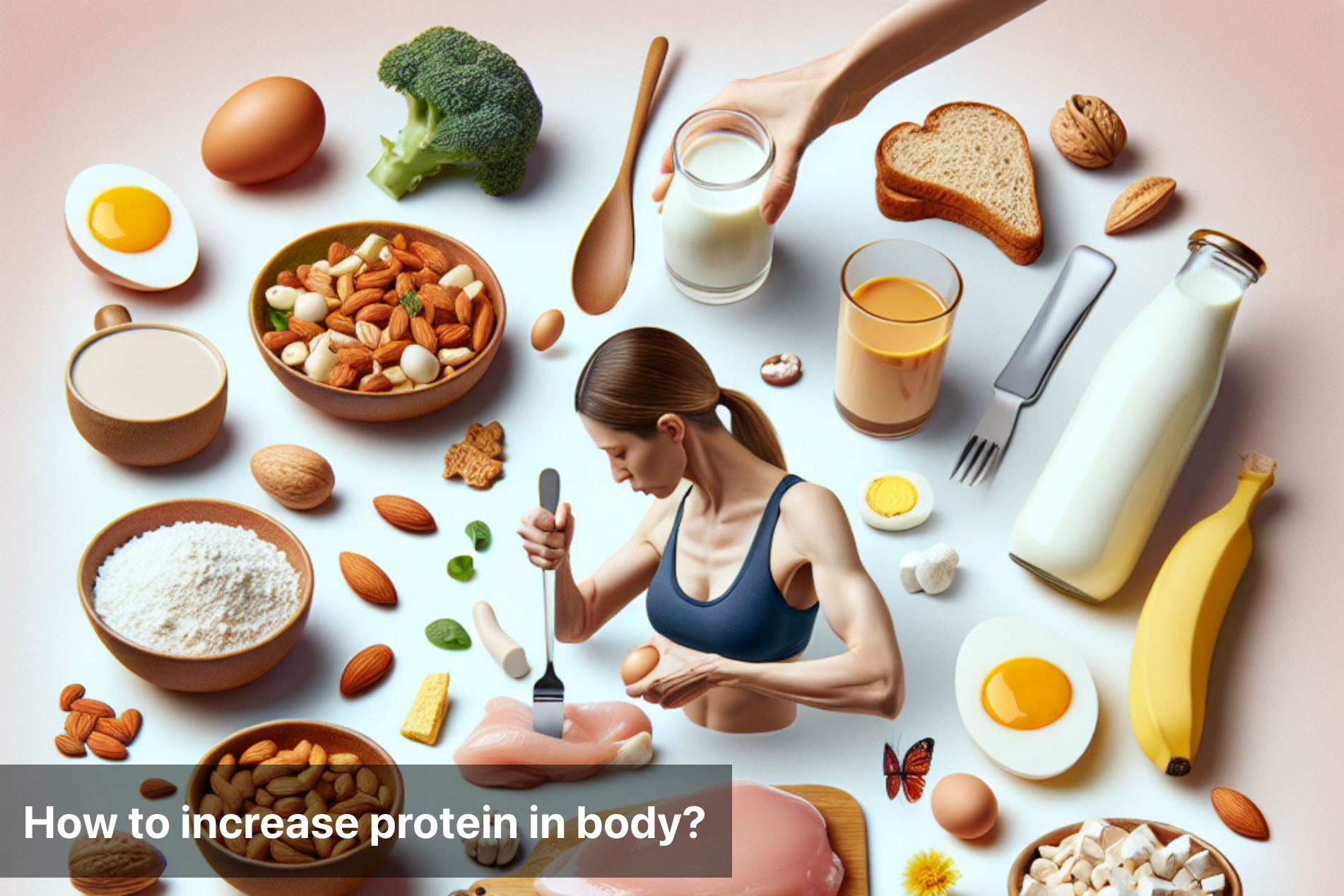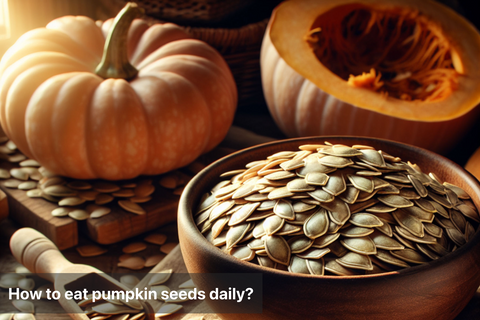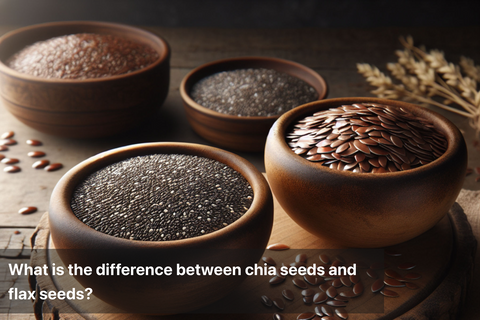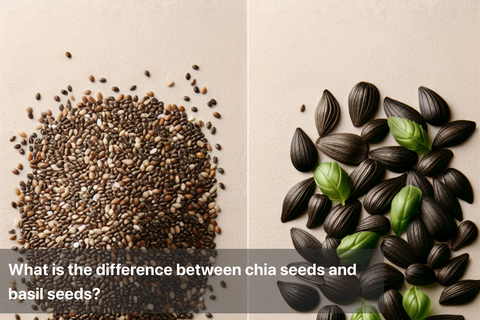
How to increase protein in body?
Protein plays a crucial role in the body, serving as the building blocks for tissues, muscles, enzymes, and hormones. It is essential for growth, repair, and maintenance of cells, making it vital for overall health and well-being. Ensuring an adequate intake of protein is key to supporting various bodily functions and processes.
Meeting daily protein requirements is essential to support muscle growth, strength, and recovery, especially for individuals leading an active lifestyle or engaging in regular exercise. Incorporating protein-rich foods into your diet is a practical way to meet these requirements and support optimal health.
To increase protein intake, consider including a variety of sources such as lean meats, poultry, fish, dairy products, legumes, nuts, seeds, and plant-based options in your meals. By diversifying your protein sources, you can ensure you are obtaining a range of essential amino acids necessary for overall health.
By prioritizing protein in your diet and understanding its significance, you can effectively support your body's functions and overall well-being. Remember, making informed choices about your protein intake can positively impact your health in the long run.

High Protein Foods
Protein plays a crucial role in our overall well-being. Including a variety of high protein foods in our diet is essential to meet our daily protein requirements and maintain good health.
Lean meats such as chicken and turkey are excellent sources of protein. They are not only rich in protein but also low in fat, making them a healthy choice for protein intake.
Fish, especially oily fish like salmon and tuna, are also great sources of protein. They are packed with omega-3 fatty acids, which have numerous health benefits in addition to providing protein.
Dairy products like Greek yogurt, cottage cheese, and lean cheese are superb sources of protein. They can be easily incorporated into various meals and snacks to boost protein intake.
Legumes such as lentils, chickpeas, and black beans are plant-based protein powerhouses. They are not only rich in protein but also high in fiber, making them a nutritious choice.
Nuts and seeds like almonds, chia seeds, and pumpkin seeds are nutritious protein options. They can be sprinkled on salads, yogurt, or eaten as a snack to increase protein intake in the diet.
Incorporating a variety of these high protein foods into your meals and snacks is a simple and effective way to ensure you are meeting your body's protein requirements.
By following a balanced diet that includes these protein-rich foods, you can boost your protein intake and support your overall health and wellness.
Protein Supplements
Protein supplements are a convenient way to increase protein intake in the body, especially for individuals who may struggle to meet their daily requirements through whole foods alone. There are various types of protein supplements available, each offering unique benefits and possible drawbacks.
Whey Protein: One of the most popular protein supplements derived from milk during the cheese-making process. It is quickly absorbed by the body, making it ideal for post-workout recovery. Whey protein is rich in essential amino acids, promoting muscle growth and repair.
Casein Protein: This type of protein is digested more slowly than whey, providing a steady release of amino acids over time. Casein protein is often consumed before bedtime to support muscle recovery during sleep.
Soy Protein: A plant-based protein source suitable for vegetarians and vegans. Soy protein contains all essential amino acids, making it a complete protein. It may also have additional health benefits, such as supporting heart health.
Plant-Based Protein Powders: These powders blend various plant protein sources like pea, hemp, or brown rice. They are a vegan-friendly option and can be easily incorporated into smoothies or baked goods.
When considering protein supplements, it is essential to choose high-quality products. While supplements can be beneficial, they should not replace whole food sources of protein in the diet. As with any supplement, it is advisable to consult with a healthcare provider before adding protein supplements to your routine.
Meal Planning Tips
Here are some meal planning tips to help you increase your daily protein intake:
Start your day with a protein-packed breakfast: Consider having Greek yogurt with nuts and fruit, or scrambled eggs with spinach and cheese to kickstart your morning with protein.
Incorporate protein-rich snacks: Opt for snacks like hummus with veggies, Greek yogurt with berries, or a handful of almonds to keep you satisfied between meals.
Choose lean protein sources for main dishes: Opt for lean meats like chicken breast or turkey, as well as fish like salmon or tuna, to increase protein in your main meals.
Experiment with plant-based protein: Try incorporating tofu, tempeh, lentils, or beans into your meals to add plant-based protein options to your diet.
Blend protein into your smoothies: Include protein powder, nut butter, chia seeds, or silken tofu in your smoothies for a protein boost.
Plan ahead with protein-rich recipes: Consider meal prepping dishes like turkey chili, quinoa stir-fry with vegetables, or lentil soup to ensure you have protein-rich options readily available.
By following these meal planning tips and incorporating protein-rich ingredients into your meals and snacks, you can easily meet your daily protein requirements and support your overall health and wellness.

How to Achieve Higher Protein Levels in Your Diet?
Ensuring an adequate daily intake of protein is essential for maintaining overall health and wellness. Proteins play a crucial role in various physiological functions within the body, making it imperative to meet daily protein requirements.
Meeting your daily protein needs is vital for supporting muscle growth and repair, aiding in weight management, and promoting satiety. Additionally, proteins are the building blocks of enzymes, hormones, and other essential molecules necessary for optimal bodily function.
Increasing protein intake can be achieved by including a variety of high-protein foods in your diet, such as lean meats, poultry, fish, dairy products, legumes, nuts, seeds, and plant-based protein sources. Incorporating protein-rich ingredients into your meals and snacks, like adding protein powders to smoothies, salads, or main dishes, can also help boost your protein intake.
By prioritizing the consumption of protein-rich foods and paying attention to your daily protein intake, you can support your overall health and well-being. Remember, meeting your daily protein requirements is a simple yet impactful way to enhance your nutritional intake and promote a healthier lifestyle.
This Blog post is an initiative by Lo! Foods, to provide accurate and Nutritionist / Doctor approved information related to Health. Lo! Foods is India's leading brand for Everyday Functional Foods. Foods designed for specific Health conditions or Needs. Lo! Foods also runs India's largest range of Low Carb Healthy Cloud Kitchens, under the brand names of Lo!, ProteinChef, ATH (All Things Healthy) and DiabeSmart.











Leave a comment
Your email address will not be published.